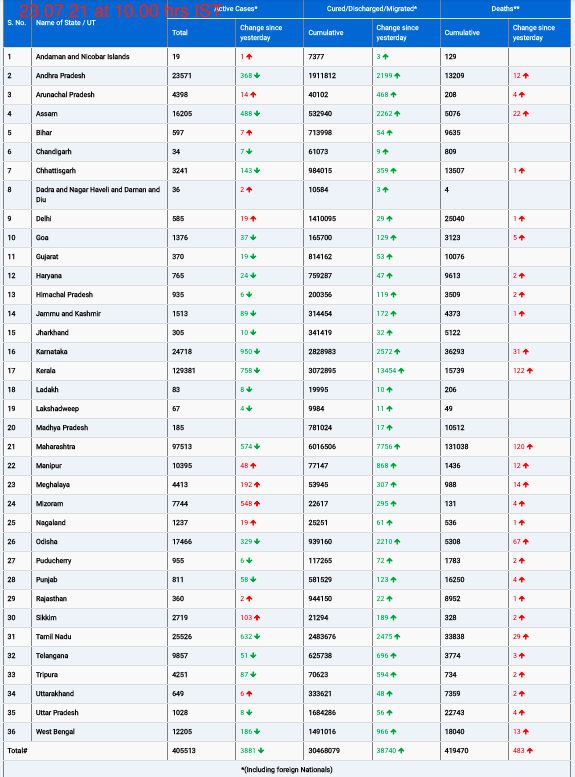Recent research has unveiled a promising potential benefit of GLP-1 receptor agonists, such as semaglutide medications Ozempic and Wegovy, for individuals with type 2 diabetes. The study, published on July 5 in the Journal of the American Medical Association, indicates a reduced risk of developing certain cancers associated with obesity for those taking these medications.
A Comprehensive Study
The researchers focused on 13 types of cancers linked to obesity and found a notable decrease in the risk of 10 of these cancers among patients taking semaglutide. The study analyzed medical data from 1,651,452 patients over 13 years, comparing those prescribed GLP-1 receptor agonists, insulin, or metformin.
The cancers with reduced risk included:
- Esophageal cancer
- Colorectal cancer
- Endometrial cancer
- Gallbladder cancer
- Kidney cancer
- Liver cancer
- Ovarian cancer
- Pancreatic cancer
- Meningioma
- Multiple myeloma
However, the study did not find a significant reduction in the risk of developing thyroid, stomach, or breast cancer.
Expert Insights
Yoni Resnick, PharmD, director of pharmacy clinical services with New England Cancer Specialists, expressed optimism about these findings. “It’s exciting to see that there might be some evidence suggesting these medications could potentially reduce the risk of certain cancers that have historically been associated with obesity,” he stated.
Dr. Jennie Stanford, an obesity medicine physician with InteliHealth, emphasized that this is just the beginning of understanding the full range of benefits that GLP-1 receptor agonists might offer. “As we learn more about what these drugs can do, we might see potential uses in treating dementia, obesity-associated cancers, and other medical issues tied to the same underlying mechanisms,” she explained.
Significant Risk Reductions
The study’s findings are particularly striking when considering the extent of risk reduction for specific cancers. For instance, individuals with type 2 diabetes on GLP-1 drugs showed a:
- 65% reduced risk of gallbladder cancer
- 63% reduced risk of meningioma
- 59% reduced risk of pancreatic cancer
- 53% reduced risk of hepatocellular carcinoma (a type of liver cancer)
- 48% reduced risk of ovarian cancer
- 46% reduced risk of colorectal cancer
- 41% reduced risk of multiple myeloma
- 40% reduced risk of esophageal cancer
- 26% reduced risk of endometrial cancer
- 24% reduced risk of kidney cancer
Lindsey Wang, one of the study’s authors and a student at the Center for Science, Health, and Society at Case Western Reserve University School of Medicine, highlighted the decrease in risk for gastrointestinal cancers. “These cancers typically have a poor prognosis, so this is a significant finding,” Wang noted.
Future Research Directions
While these findings are promising, the researchers emphasized the need for further research, including pre-clinical and clinical trials, to confirm and expand upon their results. Resnick suggested that these findings, if validated, could influence treatment strategies for high-risk groups in oncology.
Dr. Stanford pointed out the surprising lack of association between GLP-1 receptor agonists and breast cancer risk, contrary to initial expectations. This anomaly underscores the complexity of cancer biology and the necessity for ongoing investigation.
Conclusion
The discovery that GLP-1 receptor agonists may reduce the risk of several obesity-associated cancers provides a compelling new perspective on the benefits of these medications beyond glucose control. As research continues, these findings could have significant implications for improving the health outcomes of individuals with type 2 diabetes and reducing healthcare costs associated with cancer treatment.










